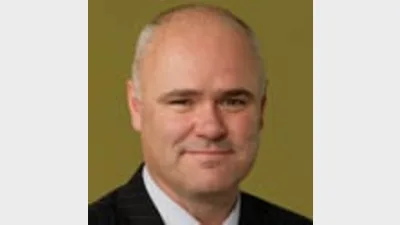Fund managers need performance standards



A trend towards low performance hurdles and high outperformance fees among fund managers has drawn criticism from ratings houses amid suggestions there should be an industry standard for performance criteria.
In Lonsec's Australian Equity Long/Short Sector Review released in July, researchers found some fund managers set "inappropriate low performance hurdles" in their performance fee structures.
Lonsec stated, "To some extent, this is justified, given the relatively low capacity limit of these products and the additional costs associated with employing shorting skills".
Typical performance fees for the 14 managed funds reviewed were found to be between 15 and 20 per cent of any returns greater than a fund manager's hurdle.
The EQT/SGH Absolute Return Trust was the only managed fund that did not charge a performance fee, hurdle rate, or a watermark.
SG Hiscock managing director Steve Hiscock said he does not believe investors should be charged a full base fee as well as a full performance fee.
"What I find interesting about the report is that a number of funds have the same base fee (MER) as Absolute, yet still charge a full performance fee," Hiscock said.
The funds Hiscock refers to are Smallco Investment Fund and Wavestone Australian Equity Long Short Fund, which have a base fee of 1.4 per cent and 1.5 per cent, and a performance fee of 18.64 per cent and 15 per cent, respectively.
Hiscock said managers should either charge a full base fee or a full performance fee in order to avoid "double dipping" on an investment that has limited capacity.
Hiscock said this standard should be incorporated across all management classes to avoid the setting of low hurdles.
In justifying the performance fee of ING Extended Alpha Australian Share Fund, Jim McKay from ING Investment Management said the fund's 20 per cent performance fee was in line with that of other funds under review.
Lonsec's sector review also found certain fund managers are ambiguous when it comes to setting hurdles.
For example, Smallco employs a hurdle of zero per cent, which means Smallco is eligible to receive a performance fee simply by generating any positive return, according to the review.
A spokesperson from Smallco said the reason the hurdle is set to zero is because the company's portfolio is a lot smaller than it was before the global financial crisis, and setting an outperformance hurdle would be "unreasonable".
Lonsec's review reflects Morningstar's Best Practice in Managed Fund Performance Fees report released in April, which reviewed 82 funds and found only 18 had some form of additional performance related charge.
There was little consistency among these funds, with 17 different fee charging criteria within the group.
Morningstar suggested a fund manager should set a reasonable hurdle before starting to accumulate performance fees, at the very least a hurdle that covers the base fee.
Recommended for you
Natixis Investment Managers has hired a distribution director to specifically focus on the firm’s work with research firms and consultants.
The use of total portfolio approaches by asset allocators is putting pressure on fund managers with outperformance being “no longer sufficient” when it comes to fund development.
With evergreen funds being used by financial advisers for their liquidity benefits, Harbourvest is forecasting they are set to grow by around 20 per cent a year to surpass US$1 trillion by 2029.
Total monthly ETF inflows declined by 28 per cent from highs in November with Vanguard’s $21bn Australian Shares ETF faring worst in outflows.










